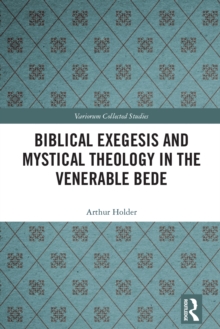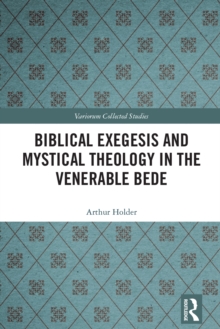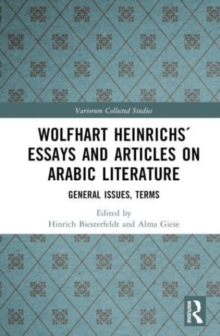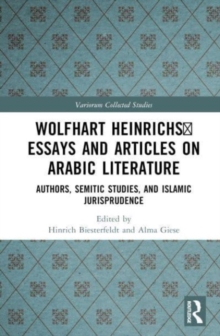
Giacomo Meyerbeer and Music Drama in Nineteenth-Century Paris PDF
by Mark Everist
Part of the Variorum Collected Studies series
Description
Nineteenth-century Paris attracted foreign musicians like a magnet.
The city boasted a range of theatres and of genres represented there, a wealth of libretti and source material for them, vocal, orchestral and choral resources, to say nothing of the set designs, scenery and costumes.
All this contributed to an artistic environment that had musicians from Italian- and German-speaking states beating a path to the doors of the Academie Royale de Musique, Opera-Comique, TheA¢tre Italien, TheA¢tre Royal de l'Odeon and TheA¢tre de la Renaissance.
This book both tracks specific aspects of this culture, and examines stage music in Paris through the lens of one of its most important figures: Giacomo Meyerbeer.
The early part of the book, which is organised chronologically, examines the institutional background to music drama in Paris in the nineteenth century, and introduces two of Meyerbeer's Italian operas that were of importance for his career in Paris.
Meyerbeer's acculturation to Parisian theatrical mores is then examined, especially his moves from the Odeon and Opera-Comique to the opera house where he eventually made his greatest impact - the Academie Royale de Musique; the shift from Opera-Comique is then counterpointed by an examination of how an indigenous Parisian composer, Fromental Halevy, made exactly the same leap at more or less the same time.
The book continues with the fates of other composers in Paris: Weber, Donizetti, Bellini and Wagner, but concludes with the final Parisian successes that Meyerbeer lived to see - his two operas comiques.
Information
-
Download - Immediately Available
- Format:PDF
- Pages:462 pages
- Publisher:Taylor & Francis
- Publication Date:28/04/2023
- Category:
- ISBN:9781000945195
Other Formats
- Hardback from £175.00
- Paperback / softback from £47.85
- EPUB from £39.68
Information
-
Download - Immediately Available
- Format:PDF
- Pages:462 pages
- Publisher:Taylor & Francis
- Publication Date:28/04/2023
- Category:
- ISBN:9781000945195










